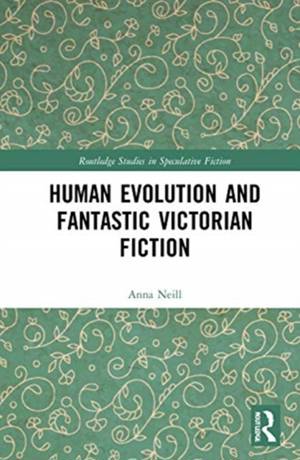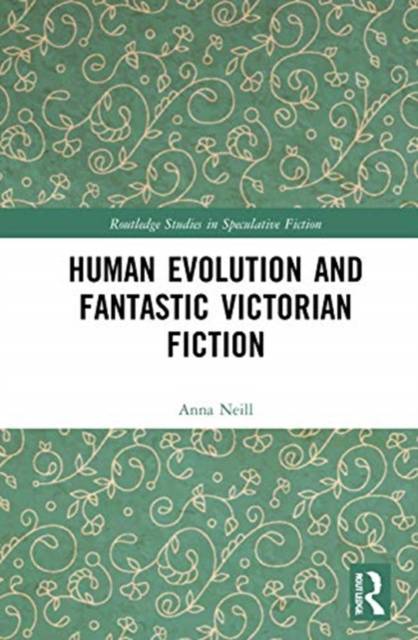
- Retrait gratuit dans votre magasin Club
- 7.000.000 titres dans notre catalogue
- Payer en toute sécurité
- Toujours un magasin près de chez vous
- Retrait gratuit dans votre magasin Club
- 7.000.000 titres dans notre catalogue
- Payer en toute sécurité
- Toujours un magasin près de chez vous
Description
Following the publication of Darwin's On the Origin of Species, Victorian anthropology made two apparently contradictory claims: it distinguished "civilized man" from animals and "primitive" humans and it linked them though descent. Paradoxically, it was by placing human history in a deep past shaped by minute, incremental changes (rather than at the apex of Providential order) that evolutionary anthropology could assert a new form of human exceptionalism and define civilized humanity against both human and nonhuman savagery.
This book shows how fantastic Victorian and early Edwardian fictions-utopias, dystopias, nonsense literature, gothic horror, and children's fables-untether human and nonhuman animal agency from this increasingly orthodox account of the deep past. As they imagine worlds that lift the evolutionary constraints on development and as they collapse evolution into lived time, these stories reveal (and even occupy) dynamic landscapes of cognitive descent that contest prevailing anthropological ideas about race, culture, and species difference.
Spécifications
Parties prenantes
- Auteur(s) :
- Editeur:
Contenu
- Nombre de pages :
- 170
- Langue:
- Anglais
- Collection :
Caractéristiques
- EAN:
- 9780367722814
- Date de parution :
- 25-06-21
- Format:
- Livre relié
- Format numérique:
- Genaaid
- Dimensions :
- 152 mm x 229 mm
- Poids :
- 417 g







